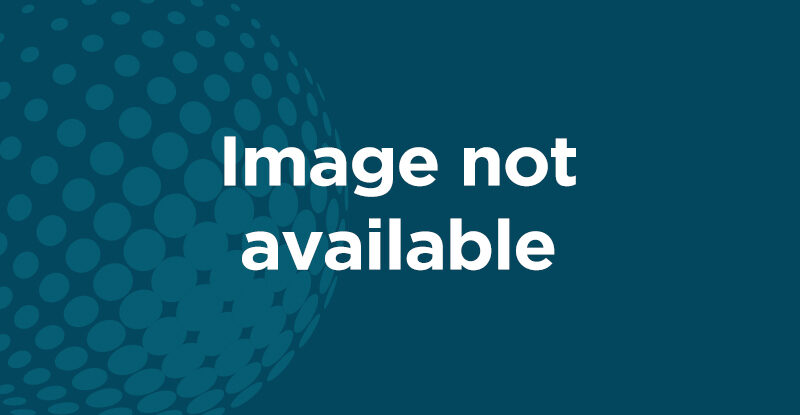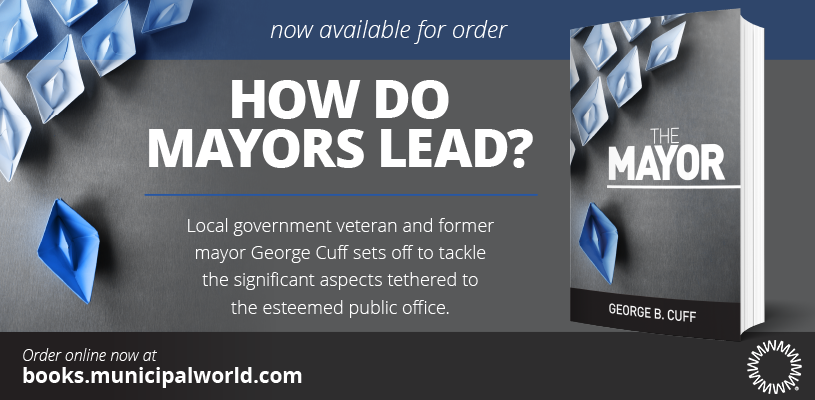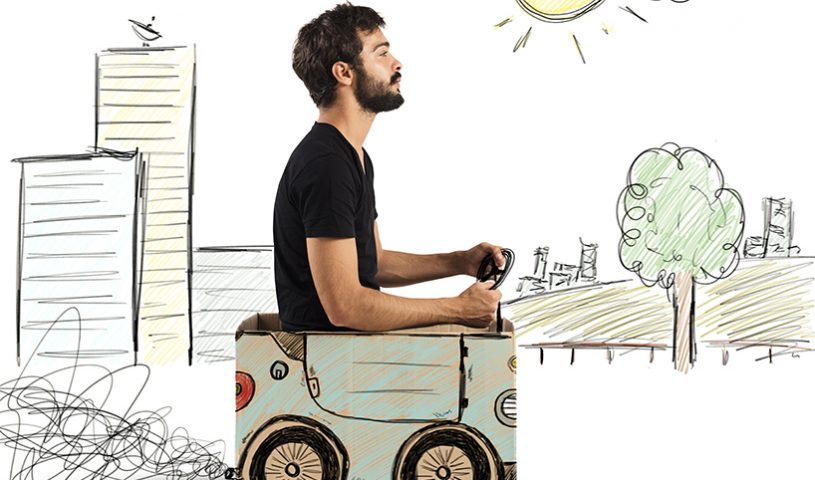The art of showing up

More than ever, our communities need wholehearted public servants to bring their best
I have a habit of repeatedly returning to the things that hit me most powerfully or that touched me at a particularly impressionable time in my life; I return to books, poems, articles, movies, songs, and places, and each retread reveals something new, while also re-grounding me in whatever good vibration resonated with me the first time.
Brené Brown’s now exceptionally popular book The Gifts of Imperfection has become one of those things that I return to over and over. It’s become dog-eared and well-loved over the years that it has sat on my bookshelf. Actually, it’s rarely sitting on a bookshelf – instead, it’s tucked away in my backpack or the back seat of my car, or sitting on my nightstand, or being passed into the hands of a friend for whom I think it would be valuable. This book has acquired some mileage.
In The Gifts of Imperfection, Brown asserts that courage and authenticity are not inherent moral qualities; rather, these cornerstones of character are habits:
Authenticity is a collection of choices that we have to make every day. It’s about the choice to show up and be real. The choice to be honest. The choice to let our true selves be seen.
Transforming Ourselves … and the Public Service
What an incredibly liberating idea – we get to choose how we show up! More importantly, we get to choose if we show up at all. And, I am increasingly convinced that this idea of choosing to show up – as a real, complex human being – is the magic ingredient to transforming the way we see ourselves and the way our community interacts with us as public servants.
I don’t know about you, but I simply cannot slip into and out of my identity and inhabit a different one from 8:30 a.m. to 4:30 p.m., Monday to Friday. (Well, I can … but it’s an awful experience and everybody loses.) So, I bring my authenticity practice with me to work – mostly because I bring it everywhere – and I think that now, more than ever, it’s critical for all public servants to do the same.
I use the term “authenticity practice” on purpose, because it takes work. There is a long tradition in our profession that tends toward a sort of faceless anonymity for civil servants, and it can perpetuate a perception of us wonks as being interchangeable background pieces in the overarching scheme of government. That thinking is not only outdated, but dangerous. If we do not actively engage in showing up authentically in our positions as public servants, and rely too much on the false notion of purely technical objectivity, we take away the critical factor of connection that allows human beings to find and create meaning; we make it incredibly difficult to exercise compassion and holistic understanding.
Authentic Connections and Relationships
The key benefit of authenticity is that it allows us to connect with each other in meaningful ways. It’s what Brené Brown identifies as a moment of recognition, where we say, “You too? I thought it was just me!” When I am grounded in my own authenticity and engaging with what Brown calls “wholeheartedness” – the sum of my lived experiences, expertise, triumphs, failures, flaws, and strengths – I am better able to connect with other individuals, simply by virtue of showing up, exactly the way I am, and expecting no more or no less from them.
The connection you make with someone over a shared challenge, or a shared passion, or a vulnerable feeling – inside or outside the office – may be the thing that keeps your relationship strong through challenging times or that allows you to come up with a splash-bang idea that propels your organization forward. But, if you don’t “let your freak-flag fly” a little bit and share the things that get you excited or grind you down, you’ll never know what might have built a bridge between you and your peers, community partners, or citizens.
When I am grounded in my own authenticity, I am in a much better position to receive the stories of the colleagues, citizens, and agencies that I work with, because I am open to hearing what they have to say and not preoccupied with the mindreading that comes from second-guessing myself. By engaging my wholehearted self, I am better able to connect with other individuals, as well as connect the dots of concepts and see patterns in the anecdotes that lead to important questions about the way we do things – simply by virtue of not spending all of my energy trying to hide and contain my nature in the shadowy prison of fear (you know, where those inner monsters like to hang out and tell me that I am not _______ enough, or that I am inherently uncool). Embracing, supporting, and being just exactly who I am is actually what makes me better at what I do: seeking, unravelling, and sharing the stories that make our communities who and what they are – and who and what we want to be in the future.
Municipal Government Matters
I may be biased, but I believe that nowhere is the work of civil servants more immediately tangible than in municipal government – we touch our friends’ and neighbours’ lives every day, in ways that cover the entire spectrum of Maslow’s hierarchy of needs – from things that make life possible to things that make life wonderful. Our knowledge, expertise, and passion is what fuels decisions that shape the places we call home. Now, more than ever, it’s critical that we name and claim our identities as being central to the important work that we do in the service of others – both to recognize and celebrate the diversity of talent within the public service, and to dispel myths of our profession as boring and encourage a renaissance in how we connect the dots and bring new ideas into the fold.
The work we do matters. The challenges we’re facing require new approaches, strong relationships, and an ability to come to the table not simply as a job title, but as a complex human being. The increasingly complex, multi-faceted problems we face today require and deserve the full force of talents from courageous, compassionate, wholehearted people. And, as Tim Kreider said in a piece for the New York Times (“I Know What You Think of Me,” 2013): “If we want the rewards of being loved, we have to submit to the mortifying ordeal of being known.” MW
✯ Municipal World Insider and Executive Members: You might also be interested in Ashleigh’s article: Feeding the beast: People-first organizational culture. Note that you can now access the complete collection of past articles (and more) from your membership dashboard.
Ashleigh Weeden, MPA is an award-winning community engagement practitioner who strives to “be the change” she wants to see in the world by actively contributing to public sector renewal. She enjoys taking the lid off local government so everyone can play.
as published in Municipal World, October 2015
Related resource materials:



